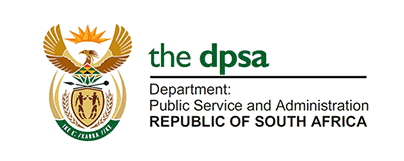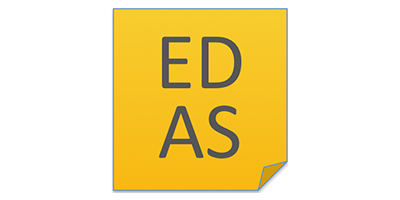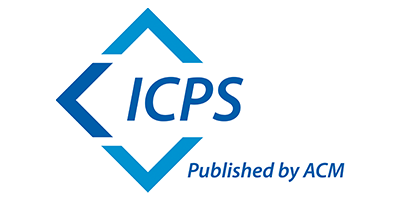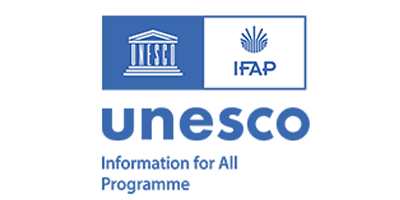The conference welcomes paper submissions in three categories: RESEARCH, ONGOING RESEARCH, and SHORT. Each paper category is described in more detail below, including recommended sections and structure. Additionally, each paper category is linked to a set of conference tracks (see table below). The Programme Committee Chairs can downgrade a paper after the review process if it is found that the paper does not fit the category chosen by the author(s) during submission.
The presentation time for each paper is 15 minutes + 5 minutes Q&A. Doctoral Colloquium papers have a presentation time of 20 minutes + 5 minutes Q&A. Poster Exhibition authors do not need to prepare a formal presentation; instead, their posters will be in permanent exhibition during the whole conference at the exhibition area and they will be required to be next to their work during the Welcome Reception and Poster Exhibition (afternoon of the first day).
| CATEGORY | PAGES (MIN. / MAX.) |
THEMATIC TRACKS (T1-T8) |
DOCTORAL COLLOQUIUM (T9) | INDUSTRY AND PUBLIC SECTOR (T10) | POSTER EXHIBITION (T11) |
| RESEARCH | 5 – 12 | ✅ | ❌ | ❌ | ❌ |
| ONGOING RESEARCH | 5 – 8 | ✅ | ✅ | ❌ | ❌ |
| SHORT | 2 – 4 | ❌ | ❌ | ✅ | ✅ |
Research papers
These are papers that document complete research in one or more aspects of Digital Government, addressing topics listed in the Call For Papers – Tracks 1-8, with proven or potential capability to advance the state of research in the field. Research papers should be similar to journal submissions, albeit shorter. They should have completed analysis and documentation of results. Research papers should, indicatively, include the following sections (more as reference than as exact titles):
- Title and Abstract (up to 300 words)
- Introduction
- Background / Literature Review
- Methodology / Research Framework / Design Approach
- Results / Findings / Developments / Applications
- Discussion
- Conclusions / Further Work
- References
Ongoing research papers
These are papers that describe ongoing research work that is yet to be completed, in one or more aspects of Digital Government, addressing topics listed in the Call For Papers – Tracks 1-9, with proven or potential capability to advance the state of research in the field. Ongoing research papers could take various forms: for example, they can be theoretical (presenting promising frameworks), empirical (with some preliminary results), or present a design of novel and useful concepts and/or artifacts (no testing required). Ongoing research papers should, indicatively, include the following sections (more as reference than as exact titles):
- Title and Abstract (up to 300 words)
- Introduction
- Background / Literature Review / Methodology / Research Framework
- Results / Findings / Developments / Applications
- Discussion / Conclusions / Further Work
- References
Short papers
These are papers mostly composed of work in progress, recent developments or presentations of new ideas and initiatives with potential to contribute to Digital Government research and practice by addressing topics listed in the Call For Papers – Tracks 10-11. Short papers should, indicatively, include the following sections (more as reference than as exact titles):
- Title and Abstract (up to 150 words)
- Introduction / Background / Aims and objectives of the study
- Approach / Results
- Conclusions / Further Work
- References






